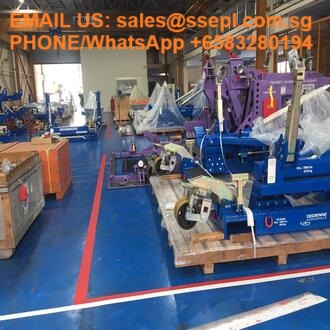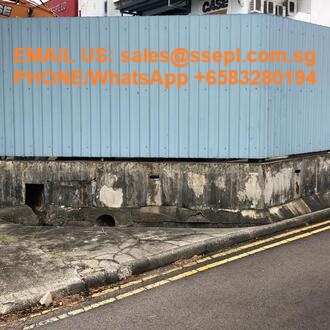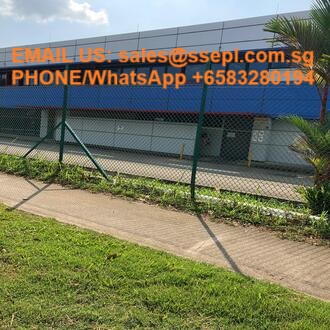In the rapidly evolving landscape of education, the term Educational Infrastructure Services is becoming increasingly vital. These services encompass a wide range of elements, including physical facilities, technology, and support systems that create an effective learning environment. As the demand for quality education grows, understanding and investing in educational infrastructure services is crucial for schools, colleges, and universities.
Singapore Specialized Engineering Pte ltd
Category: Metal Fabrication
School Facility Management
School facility management involves the maintenance, operation, and enhancement of school buildings and grounds. It encompasses everything from ensuring the safety and cleanliness of the facilities to optimizing resource allocation and enhancing the overall learning experience. A well-managed school facility not only supports educational activities but also contributes to the well-being of students, staff, and the community.
International School Maintenance
Maintaining an international school is not just about aesthetics; it’s about creating a safe, conducive, and inspiring environment for students from diverse backgrounds. In this blog post, we’ll explore the importance of proper maintenance in international schools, effective strategies for upkeep, and how it can positively impact student learning and well-being.
International School Maintenance Contractor
An international school maintenance contractor is a specialized service provider that focuses on the upkeep of educational facilities that cater to a diverse student body. These contractors handle everything from routine maintenance tasks to major renovation projects, ensuring that the school environment is safe, functional, and conducive to learning.
Manufacturing Facility Maintenance
In the fast-paced world of manufacturing, keeping your facility running smoothly is essential for maintaining productivity and ensuring safety. Effective manufacturing facility maintenance not only enhances operational efficiency but also extends the lifespan of your equipment, reduces downtime, and minimizes safety risks. In this guide, we will delve into the best practices for maintaining a manufacturing facility, focusing on practical strategies that can yield significant benefits.
Industrial Infrastructure Maintenance
Maintaining industrial infrastructure is not just about fixing things when they break. It involves a proactive approach to asset management, which can lead to reduced downtime, lower repair costs, and enhanced safety. Regular maintenance can also extend the lifespan of your equipment and facilities, ultimately boosting your bottom line.
Industrial Site Management
Industrial Site Management encompasses the planning, coordination, and supervision of all activities within an industrial site. This includes overseeing operations, maintaining equipment, ensuring compliance with safety regulations, and managing human resources. Effective site management not only improves efficiency but also enhances worker safety and satisfaction.
Industrial Asset Maintenance
In today’s fast-paced industrial landscape, effective asset maintenance is more crucial than ever. With the increasing complexity of machinery and technology, companies are constantly seeking ways to optimize performance, reduce downtime, and manage costs. In this blog post, we’ll explore the essential components of industrial asset maintenance and how implementing best practices can lead to significant improvements in your operations.
Property Management Industrial Facilities
In today’s rapidly evolving economic landscape, property management for industrial facilities has become a cornerstone for businesses aiming to optimize operations and maximize returns. With the increasing demand for logistics, manufacturing, and warehousing spaces, effective property management is essential for ensuring these facilities run smoothly and efficiently.
Full-Service Industrial Maintenance
Full-service industrial maintenance encompasses a wide range of services designed to keep machinery and equipment running smoothly. This includes preventive maintenance, corrective maintenance, routine inspections, and emergency repairs. By adopting a holistic maintenance strategy, businesses can mitigate risks associated with equipment failure and extend the lifespan of their assets.










